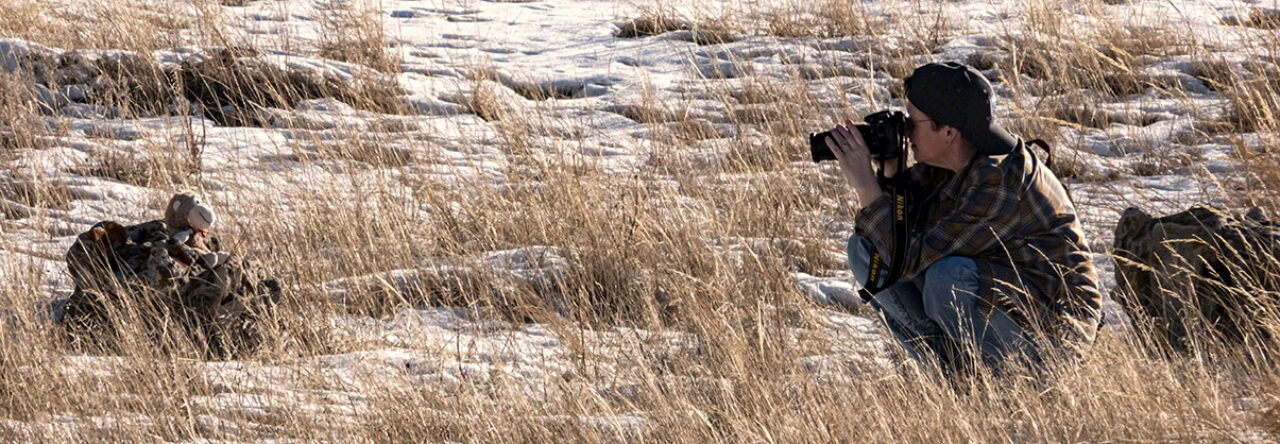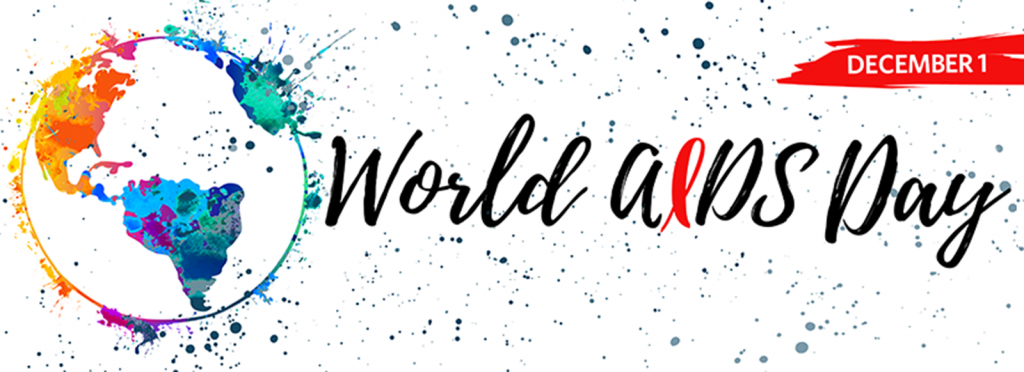“He was a nice man. He didn’t deserve to go that way.” The words had a tinge of sadness attached to them as my mother said them matter-of-factly while we sat waiting for the light to turn green at the intersection of East Main Street and Irwin Avenue.
When the light changed, she gently pushed the gas pedal toward the floor and we continued on our way. It was 1986. Not many people understood HIV/AIDS. There were rumors, confusion, and plenty of hatred. My mother’s words were twinged with a sense of hopelessness. At the time, a diagnosis of HIV/AIDS was a death sentence. This man she knew in high school was already dead. There was nothing she could do.
We continued driving toward the Middletown Psychiatric Center where she worked. I was working on a ten-page paper about AIDS for my American Government class and that was the best place to get information. There were a few articles in magazines, but not much information was available yet to the public. Medical journals were the only places where anyone was discussing AIDS. My mother and I had already been to the library on the Center’s campus researching. On this day, we were going to talk to her doctor coworkers about the things I didn’t understand.
At the time, rumors spread quickly about people who had AIDS or were suspected of having it. Words like fag and dyke were common in people’s lexicon. The more I read, the more questions I asked, the less I understood why we were treating people so terribly in their time of need. The doctors could bring the medical jargon down to a fifteen year old’s level. I could understand that. They couldn’t explain the hatred.
I turned my paper in. I got my ten bonus points for writing about a topic no one else chose to do. By that point, I didn’t care about the bonus points. I only wanted to see more newspaper and magazine articles that could explain the disease so more people would know what I did.
Not long after, I walked into the lunch room at school and a kid was being bullied by some other kids. I walked by and heard the words “fag” and “fairy.” As an outsider myself, I kept my head down and got in line to grab my lunch. I rarely ate in the cafeteria. I usually grabbed my lunch and ate elsewhere. As I left the lunch line, pizza and fries in hand, they were still having a go at this kid. I walked over to see what was happening.
As it turns out, no one knew if this kid was gay. Everyone just assumed it. Now, they were assuming he probably had AIDS, too, and the bullying had turned vicious. I don’t know why I stepped in. I’d been bullied enough in life and I was just trying to survive high school.
I began to sit across from this kid and asked him if I could join him. He didn’t really respond. He probably thought I was going to say something, too. I took my pizza and fries out of the bag and started to eat. The barbarous verbiage continued.
When I went to take a swig of milk, I almost grabbed his by mistake. That’s when everything changed.
“Hey. Don’t drink his milk. You’ll get AIDS,” some kid said. I held the container in my hand and looked at the small crowd of about a dozen kids surrounding us.
“Don’t be a moron,” I said. “That’s not how you get it.”
“Uh-huh,” some other kid said. “You get it through saliva when you’re kissing and his spit is on that.”
This was also a common thought at this time. I ran into many people who believed if someone with AIDS sneezed on you, kissed you, or somehow transferred their saliva to you, then you would get AIDS, too.
“That’s fucking ridiculous,” I said. “That’s not how any of it works.”
I sat up straight and began to recite things I learned during my research. They didn’t want to hear it. Someone shouted a dare, “Drink his milk.” Then another and another. The dare never reached a fourth person.
“You people are stupid,” I said. I picked up the kid’s milk again and asked him if I could take a swig. I don’t like the taste of milk. The milk at school was often room temperature, which made my disgust of milk worse. I put the container up to my lips and told myself not to make a face as it would only make things worse.
I put the milk down and picked up my pizza. Without looking at the crowd of kids I said, “Assholes.”
“Fag lover,” was the reply.
I kept eating my lunch. The kid across from me started to eat his. The bullies and their cheerleaders left. When I finished eating, I got up and left.
That kid continued to eat lunch by himself every day. I continued to walk in, get my pizza and fries and leave. We would share the occasional nod, but I never ate lunch with him again.
As time went on, I watched Donahue only when Ryan White was on. I thought he was an incredibly brave kid and a massive advocate for people living with HIV/AIDS. I remember what a big deal it was when Magic Johnson revealed he had contracted HIV. At the time, the disease was still a death sentence for many people. I remember the conversations with college classmates about the fairness of treatment.
If you were rich, you had access to treatment and had a good chance at making it. If you were poor, you often weren’t so lucky. I never thought that was fair. I didn’t think then and I don’t think now, that a lack of money and/or resources should prevent you from obtaining medical treatment. I don’t care what kind of virus, disease, or illness you have. We, as a society of caring human beings, should be working together to make everyone healthy and better.
Equal access to care is still a struggle today. At the World AIDS Day event in Scottsbluff, it was on everyone’s minds. As the list of names of people in the valley who lost their battle with HIV, four new ones were added. That’s four people that could potentially be here. Access to care is still an issue. Everyone, regardless of who they are, should not have these worries. Every other developed country has figured this out. We still put financial barriers in the way.
Over the years, we, as a society, worked to reduce the stigma around HIV/AIDS. Education was available and we learned how the disease worked. Medications became common and a diagnosis was no longer a death sentence. Since the election of Donald Trump to what was once an honorable position, the stigma has returned. The hate blatant. The ignorant are making their voice heard.
We have to do better. The hate cannot be tolerated. The stigma needs to go away. HIV is no different from any other medical issue, yet many Americans tie it to hate and stir up lies to justify what is said. When the stigma is increased, people are afraid to get care, regardless as to whether they can afford it or not. Fear should not dictate who can get care or who is deemed acceptable in society.
I did not know the four who passed away this year, but we need to start thinking differently and working toward saving the next four and the four after that. There is hope. There is treatment. There is care.
We should all be working toward lifting up one another in love to make each other better because when we are all in it together, we make the world a better place to be. That’s the kind of world I want to live in.
I never knew that kid’s name in the lunch room. There was no Hollywood ending where we became best friends forever. I didn’t even know, or care, if he was gay. I saw someone in need and tried to help as best as I could. Shouldn’t that be what we all strive for?


Jina Red Nest
They had all kinds of things to make it worse – it was already devastating and people made it worse…jrn